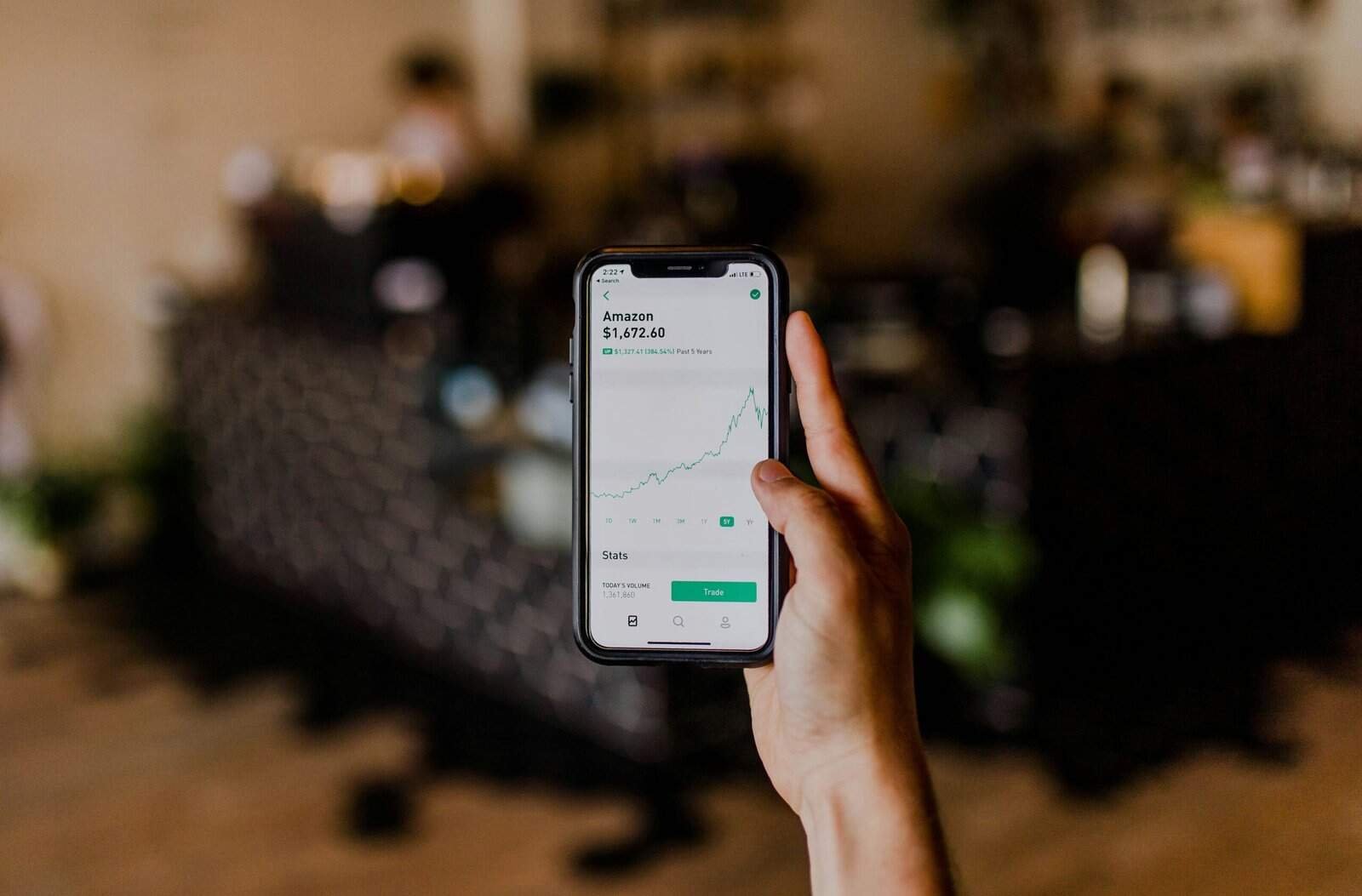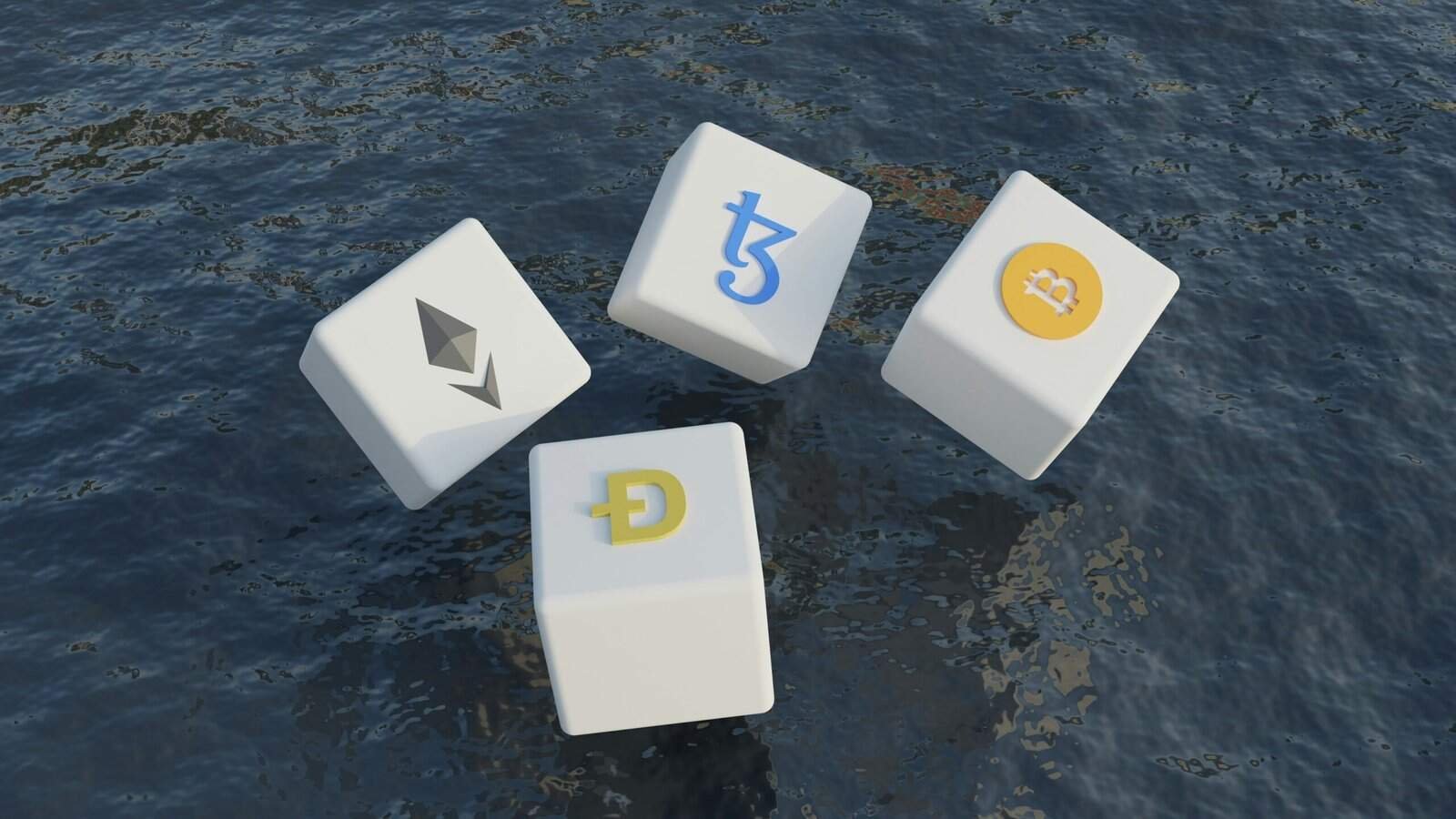Have you ever wondered how you could potentially benefit from the booming world of blockchain technology? Investing in blockchain might seem like a daunting task, especially with the endless streams of technical jargon and complexities. But worry not, because the goal here is to break it down into digestible tips that could help you get started on this exciting journey with confidence and clarity.

Understanding Blockchain Technology
Before jumping into investment tips, it’s essential to have a clear understanding of what blockchain technology actually is. Blockchain is a decentralized digital ledger that records transactions across many computers. This structure ensures that the involved records cannot be altered retroactively, providing a high level of security and transparency. It’s the foundational technology behind cryptocurrencies like Bitcoin and Ethereum, but its use extends well beyond digital currencies.
Key Characteristics of Blockchain
Blockchain’s strength lies in its four essential characteristics: decentralization, immutability, transparency, and security.
- Decentralization: Unlike traditional databases that are controlled by a single entity, blockchain distributes data across a network of computers, known as nodes. This distribution eliminates a single point of failure and enhances the validation process through a consensus mechanism.
- Immutability: Once recorded, the data in any given block cannot be changed without altering all subsequent blocks. This makes blockchain tamper-proof and trustworthy.
- Transparency: Transactions on a public blockchain are visible to all network participants. This openness builds trust among users.
- Security: With cryptographic algorithms securing the data, blockchain adds an extra layer of security, making it one of the most secure ways of storing information.
Applications Beyond Cryptocurrencies
While blockchain technology is commonly associated with cryptocurrencies, its potential applications are vast. Industries such as healthcare, finance, supply chain, and real estate are exploring blockchain to enhance their operations. For example, in the supply chain industry, blockchain can track product journeys with unprecedented transparency.
Knowing the basics of blockchain and its broader applications will form a strong foundation as you explore investment options.
Tip 1: Research and Educate Yourself
Just like any investment, understanding what you’re investing in is crucial. Blockchain technology is still relatively new, and its rapid evolution means there is a lot to learn.
Exploring Reliable Sources
- Books and Articles: Start with foundational books such as “Blockchain Basics: A Non-Technical Introduction in 25 Steps” by Daniel Drescher, which can provide a comprehensive overview.
- Online Courses: Platforms like Coursera and Udemy offer courses that range from beginner to advanced levels. These courses can help you grasp both theoretical and practical aspects.
- Webinars and Talks: Attend webinars and conferences where industry experts discuss the latest trends and insights.
Engaging with the Community
Engage with communities on platforms such as Reddit and LinkedIn, where blockchain enthusiasts and experts discuss current trends and collective experience. Joining forums and discussion groups could offer you real-world insights and answer lingering questions.
Tip 2: Evaluate Your Risk Tolerance
Understanding and evaluating your personal risk tolerance is indispensable before making any investment decisions.
Differentiating Risk Levels
Blockchain and cryptocurrencies can be more volatile compared to traditional investments. You might encounter sudden swings in value.
- High-Risk Investments: Cryptocurrencies and ICOs typically fall under this category due to their inherent volatility. They can offer high returns but also pose a risk of high losses.
- Moderate-Risk Investments: Some blockchain-based companies and applications might offer a more moderate risk when compared to direct cryptocurrency investments.
- Low-Risk Investments: Indirect investments such as blockchain ETFs or stocks in companies developing blockchain applications could present a safer route, though usually with lower returns.
Assessing Personal Financial Situation
Carefully evaluate your financial situation and ability to withstand potential losses. Diversifying your portfolio by spreading investments across various asset classes can help mitigate risk.
Tip 3: Start Small
Considering the volatility and unpredictability of blockchain-related investments, it can be wise to start small and gradually increase your stake as you gain experience and confidence.
Testing the Waters
Begin with a modest investment amount that you can afford to lose without affecting your financial stability.
- Micro-Investments: Platforms like Coinbase allow for micro-investments in cryptocurrencies, which could be a fun way to get started without a significant financial commitment.
Setting Clear Investment Goals
Define what you aim to achieve with your investment. Are you looking for short-term gains, or do you prefer to invest for the long haul? For instance, some investors choose to treat cryptocurrencies as high-risk, high-reward opportunities, while others look at blockchain stocks as longer-term investments.

Tip 4: Diversify Your Portfolio
Diversification is a vital strategy that can help reduce risk while potentially optimizing returns.
Balancing Cryptocurrencies and Traditional Assets
Construct a balanced investment portfolio by combining diverse asset types. You might include various cryptocurrencies, blockchain stocks, and ETFs alongside traditional stocks and bonds.
- Cryptocurrency Diversification: Do not limit yourself to popular cryptocurrencies like Bitcoin and Ethereum. Consider others, such as Cardano or Polkadot, which might offer growth potentials.
- Blockchain Stocks and ETFs: Invest in companies that are actively developing or implementing blockchain technology. Blockchain ETFs allow you to invest in a bundle of companies, spreading your risk.
| Investment Type | Examples |
|---|---|
| Cryptocurrencies | Bitcoin, Ethereum, Ripple |
| Blockchain Stocks | NVIDIA, IBM, Square |
| Blockchain ETFs | Amplify Transformational Data ETF |
Geographical Diversification
Consider spreading your investments beyond local markets. Some blockchain firms outside your home country might offer promising opportunities, adhering to the global nature of blockchain.
Tip 5: Keep Track of Regulatory Changes
The regulatory landscape for blockchain and cryptocurrencies is continually evolving. Staying informed can help you avoid potential legal problems and identify new opportunities.
Understanding Local and Global Regulations
- Local Regulations: Each country has its own regulatory framework. Ensure you understand the rules that apply in your jurisdiction to avoid non-compliance.
- International Developments: Blockchain and cryptocurrencies are global, so ensure to keep an eye on international regulatory changes that might impact your investments.
Monitoring Reliable Channels
Follow news outlets, government publications, and trusted industry blogs that regularly update on regulations. Subscribe to newsletters that provide curated insights on recent legislative movements.

Tip 6: Use Reputable Platforms and Wallets
Choosing the right platforms for trading and secure wallets for storing your digital assets is essential.
Selecting the Right Exchanges
Opt for reliable and well-established platforms for buying and trading cryptocurrencies. Look for those with robust security measures, a user-friendly interface, and good customer support. Coinbase, Binance, and Kraken are a few examples, but always do your due diligence before committing.
Securing Your Digital Assets
Storing your cryptocurrency securely can prevent loss from hacks or scams.
- Hardware Wallets: Devices like Ledger and Trezor store your crypto offline, providing an extra layer of security.
- Software Wallets: Apps like Exodus can offer more convenient access, albeit with slightly less security than hardware options.
Tip 7: Stay Informed and Adaptable
Blockchain technology progresses rapidly, and keeping yourself updated with the latest trends can provide a competitive edge.
Embracing Continuous Learning
Commit to ongoing education to stay informed about new developments. As an investor, this knowledge can empower you to make better-informed decisions.
- Industry News: Follow blockchain-focused news websites and blogs. Websites like CoinDesk and CoinTelegraph are popular choices.
- Community Engagement: Engage with online communities on platforms like Discord and Telegram to discuss trends and market movements.

Tip 8: Be Patient and Manage Expectations
The digital assets market can be unpredictable. Success doesn’t happen overnight, and patience is crucial for navigating the fluctuating waters of blockchain investments.
Long-Term Vision
Adopt a long-term perspective, as blockchain is here trying to revolutionize industries. Don’t get distracted by short-term market swings.
Realistic Goals
Set realistic expectations for returns on your investments. Align them with your research and financial situation rather than succumbing to market hype.
Conclusion
Investing in blockchain technology can seem overwhelming, but with the right knowledge and guidance, you can navigate this exciting frontier successfully. Remember to stay informed, understand your risk tolerance, diversify, and most importantly, remain patient. Doing so can make your journey into blockchain investing both enjoyable and potentially rewarding. As you venture into this space, take deliberate and informed steps, and let your curiosity drive continuous learning. Happy exploring the world of blockchain investments!

